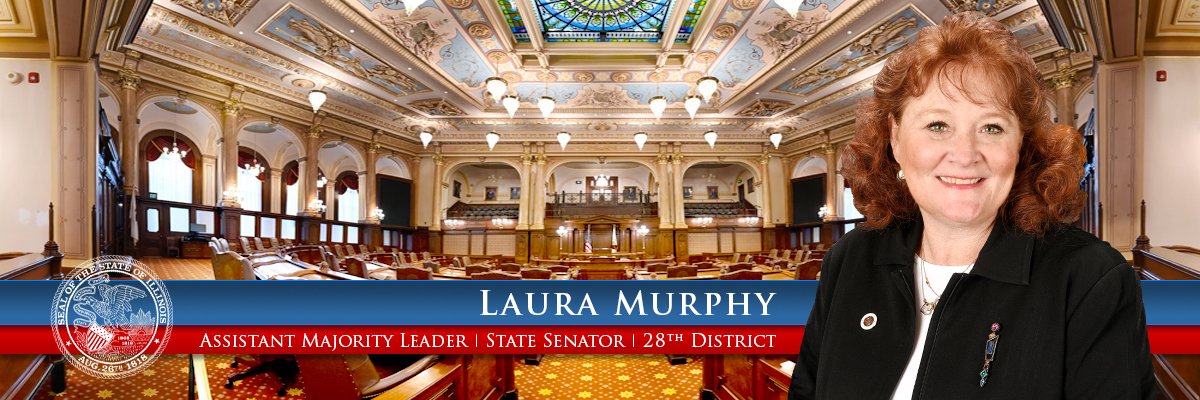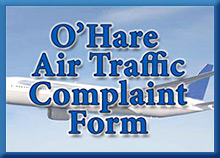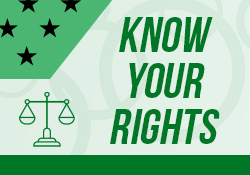Murphy: Music therapists should be licensed to work with vulnerable communities
- Details
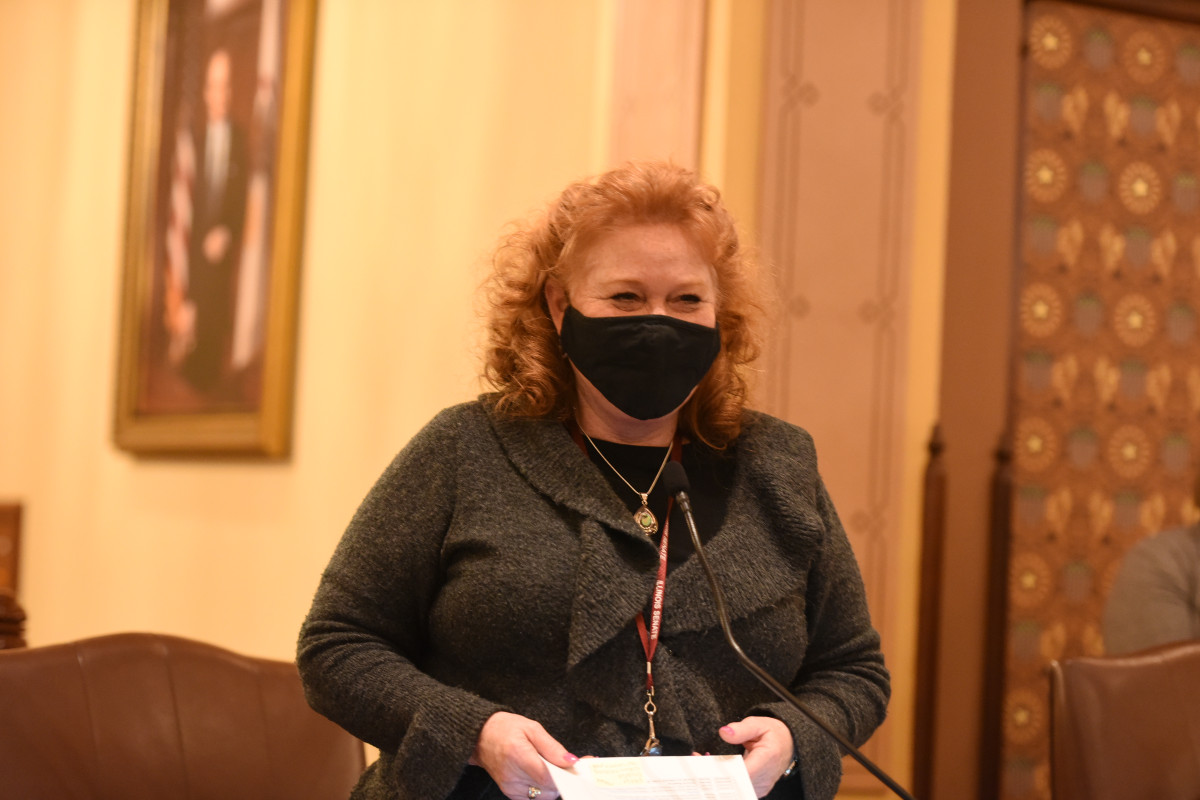 SPRINGFIELD – Recognizing that music therapy is a necessary treatment option for vulnerable communities, State Senator Laura Murphy (D-Des Plaines) advanced a measure which allows for the licensure of music therapists and creates a Music Therapy Advisory Committee.
SPRINGFIELD – Recognizing that music therapy is a necessary treatment option for vulnerable communities, State Senator Laura Murphy (D-Des Plaines) advanced a measure which allows for the licensure of music therapists and creates a Music Therapy Advisory Committee.
“Music therapy can be life-changing for children suffering from traumatic brain injuries, seniors, stroke survivors, veterans experiencing PTSD, and many other conditions,” Murphy said. “This initiative will ensure music therapists are qualified to work with vulnerable communities, as well as encourage patients and their families to seek out this form of care.”
Music therapists are skilled musicians who use music interventions to achieve therapeutic goals. After assessing their client’s functioning through response to music, they design music interventions and therapy sessions based on the client’s needs. Common conditions treated with music therapy include autism, Alzheimer’s disease, mental diseases, developmental disabilities, stroke, and traumatic brain injury, and is often recommended to veterans and seniors—making many people receiving this care some of the most vulnerable in our communities.
Murphy is also aiming to make this type of therapy more accessible and recognized as an option for patients and their families struggling with certain conditions. The measure would also create a Music Therapy Advisory Board, which would establish and continue to define standards for licensure by referring to their own experiences as licensed music therapists and patients of this therapy.
“Music therapists work with some of our most vulnerable populations, and can provide relief for their conditions. However, they should also be required to have a therapeutic license to ensure their practice is verified,” said Murphy. “It is past time that we treat this therapeutic practice with as much legitimacy and scrutiny as other forms of therapy when granting licenses to practitioners.”
Senate Bill 2243 passed the Senate on Friday. It now goes to the House for further consideration.
Murphy increases library access for children across the state
- Details
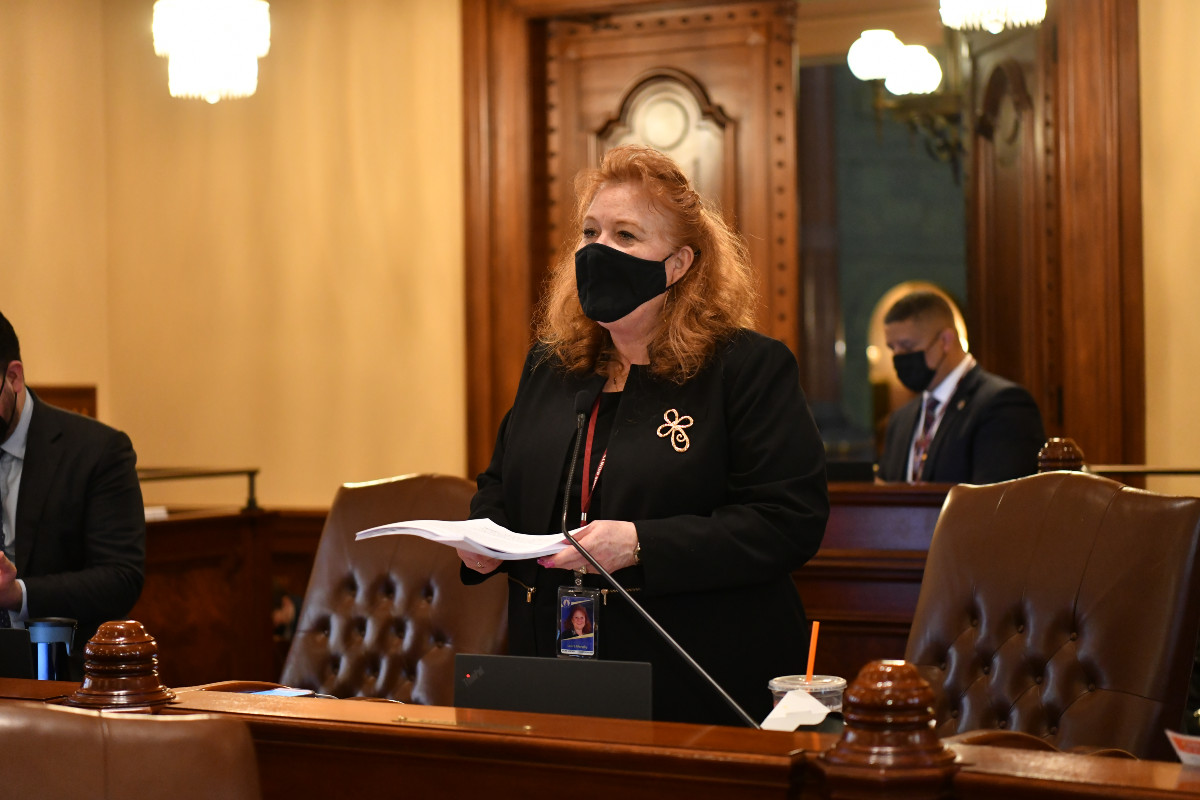 SPRINGFIELD – Children living in unincorporated areas may no longer have to pay large non-resident fees to access resources in libraries outside of their district, thanks to a new measure sponsored by State Senator Laura Murphy (D-Des Plaines).
SPRINGFIELD – Children living in unincorporated areas may no longer have to pay large non-resident fees to access resources in libraries outside of their district, thanks to a new measure sponsored by State Senator Laura Murphy (D-Des Plaines).
“We know that children that read, succeed. We must do everything to remove barriers that prevent their access to libraries,” Murphy said. “It is long past time to increase access to library materials for our community’s children who are eager to learn through reading.”
Currently, children who want to access resources from a library outside of their district must pay a non-resident fee. These fees are determined by each library’s board of trustees, and typically are at least equal to the cost paid by the residents of the district. However, these fees are often far too expensive for children who want to access resources, like reading materials or computers, during their school breaks. Murphy aims to address these disparities by waiving non-resident library fees for kids who want to expand their horizons through reading.
Senator Murphy is a longtime supporter of increasing accessibility to library resources. In 2020, she advocated for a group of high school students living in unincorporated Des Plaines who could not check out reading materials from their local libraries without paying hundreds of dollars in non-resident fees. To address this issue, she supported a bill that extended library access to children residing outside of the municipality where their local library is located, which passed the Senate unanimously. She is hopeful that her latest initiative to increase library access will receive similar support from her colleagues.
“Public libraries provide many important services beyond just books—they provide resources for job and college applications, which are essential for brilliant young people seeking opportunities for their futures,” Murphy said. “We need to increase access to library resources to give all children all the tools to succeed.”
Senate Bill 3497 passed the Senate Wednesday. It now goes to the House for further deliberation.
Murphy: Proposed budget is a win for working families
- Details
SPRINGFIELD – State Senator Laura Murphy (D-Des Plaines) offered the following statement after the governor released his proposed Fiscal Year ’23 budget.
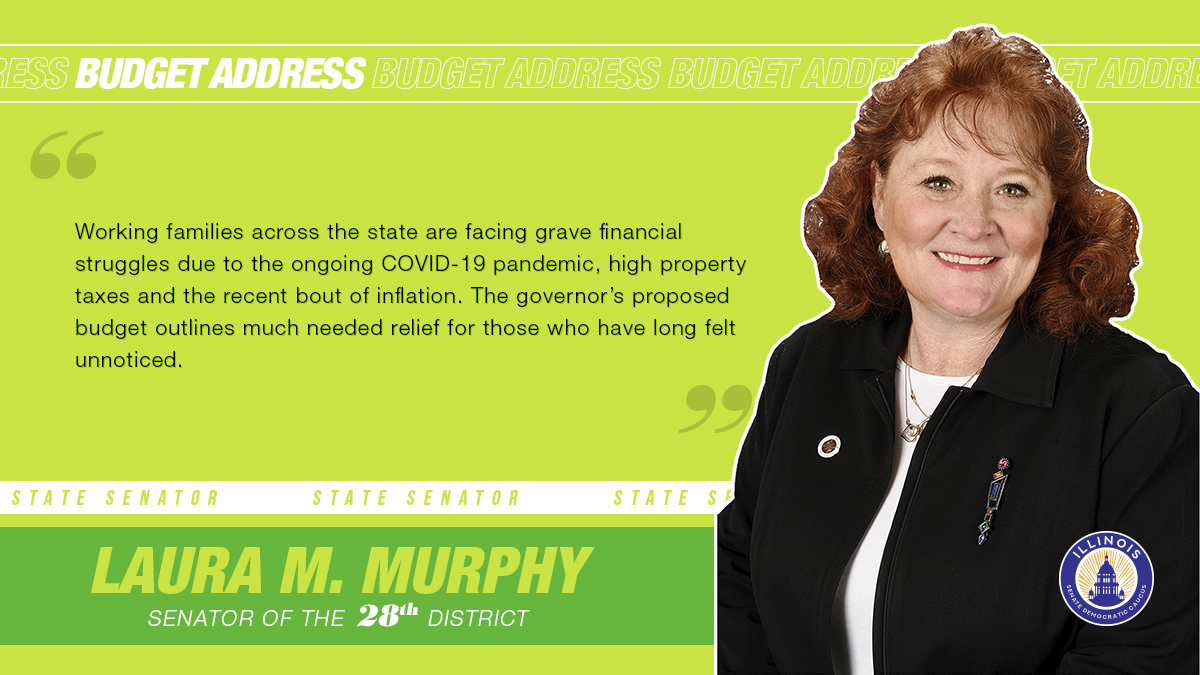
“Working families across the state are facing grave financial struggles due to the ongoing COVID-19 pandemic, high property taxes and the recent bout of inflation. The governor’s proposed budget outlines much needed relief for those who have long felt unnoticed.
“Tax relief policies put money back in the pockets of people who worked hard for their earnings. Today’s proposed budget is a positive first step toward helping working families, supporting the middle class and spurring economic growth. As a member of the Senate Appropriations Committee, I look forward to ongoing budget negotiations.”
Local businesses in district Murphy represents to receive $2 million thanks to her support
- Details
DES PLAINES – More than two dozen local businesses across the district State Senator Laura Murphy (D-Des Plaines ) represents will be awarded over $2 million from the Back to Business Program to help them recover from the COVID-19 pandemic thanks to her unwavering support of last year’s state budget.

“We created the Back to Business grant program to help our vibrant small business community recover from the ongoing COVID-19 pandemic,” Murphy said. “We know companies’ bottom lines are still hurting, and we want to do all we can to help.”
The B2B program grants are awarded by the Illinois Department of Commerce and Economic Opportunity using funds allocated to them by the federally funded American Rescue Plan. To date, due to strong support from Murphy, DCEO has provided $111 million in B2B grants to nearly 3,000 small businesses throughout the state with an emphasis on disproportionately impacted areas.
Specifically in the 28th District, which Murphy represents, more than 30 businesses were awarded grants ranging from $5,000 to $250,000 to help them cover the costs of safely staying open in these unpredictable times. Businesses ranged from hotels to restaurants and more.
“Our small businesses are the backbones of our community. These grants provide light for many during a dark time,” Murphy said. “These heavily impacted sectors suffered the hardest blows throughout the pandemic, and I'm thrilled there is a program that gives them some relief.”
Grants will continue to be awarded on a rolling basis. Visit the DCEO website for more information on the B2B program and view a full list of grantees here.
More Articles …
Page 36 of 137
